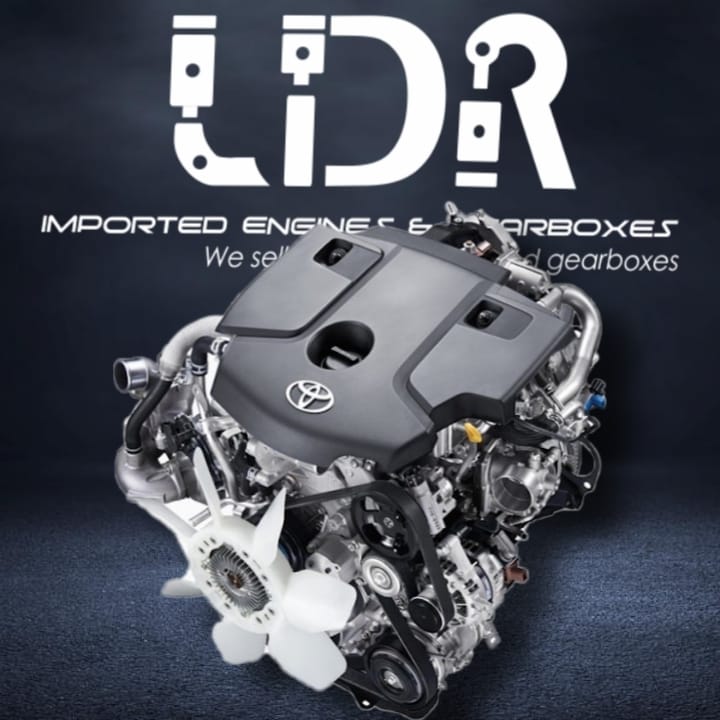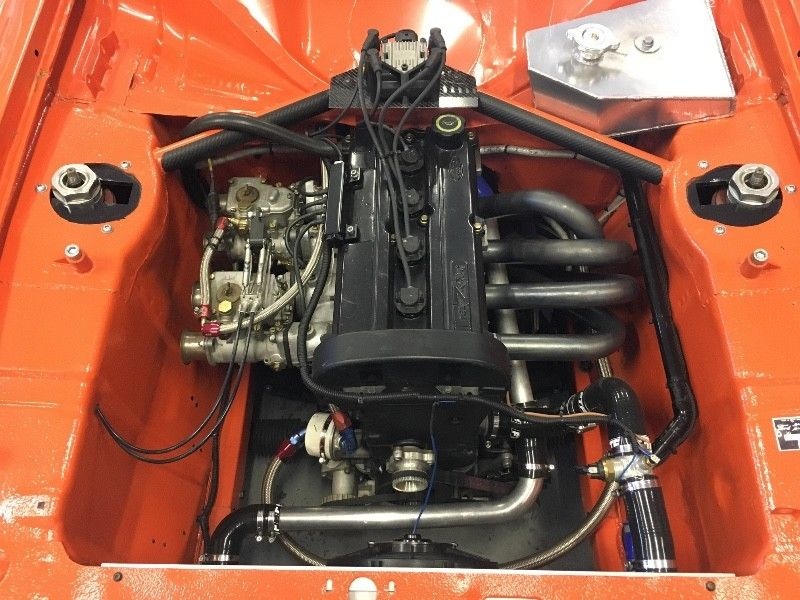Toyota Tazz: The Perfect Combination of Efficiency and Style in a Compact Car
Toyota Tazz: The Perfect Combination of Efficiency and Style in a Compact Car
Blog Article
Explore the Most Current Trends in Engine Innovation With Tazz
In the rapidly progressing landscape of vehicle innovation, Tazz stands at the center, highlighting considerable improvements in engine systems that focus on both development and sustainability. tazz. From hybrid engines that optimize fuel effectiveness to the development of hydrogen fuel cells, the patterns shaping modern powertrains are not just boosting efficiency however likewise resolving critical ecological obstacles. As the sector proceeds to press limits, it is important to think about how these advancements will affect future transportation remedies and the broader ramifications for global energy consumption. What lies ahead in this critical transformation?
Crossbreed Engine Innovations
Crossbreed engine developments stand for an essential shift in automobile modern technology, combining the advantages of internal burning engines with electrical propulsion systems. This combination not only enhances fuel efficiency yet likewise reduces exhausts, meeting progressively stringent environmental laws. By using both power resources, hybrid engines can enhance efficiency, supplying power when required while saving fuel during less requiring driving problems.
Current developments in crossbreed innovation consist of enhancements in battery effectiveness and regenerative braking systems. These developments enable for better energy recuperation throughout slowdown, which can be redirected to help in acceleration or power accessory systems. Makers are focusing on compact designs and light-weight products to take full advantage of the effectiveness of hybrid powertrains.
The growth of plug-in crossbreeds has likewise increased the marketplace, allowing motorists to charge their lorries making use of conventional electrical outlets. This attribute usually enables considerable all-electric array, additional lowering reliance on conventional gas. tazz. As the automotive industry remains to progress, hybrid engine technologies are anticipated to play a vital duty in linking the void between conventional cars and completely electric models, providing a transitional service that deals with diverse consumer demands and choices
Advancements in Electric Powertrains
The automotive landscape is swiftly progressing, with electric powertrains becoming a leading pressure in sustainable transportation. Developments in electric lorry (EV) modern technology are substantially boosting performance, customer, and performance experience. Key technologies include enhancements in battery chemistry, which have actually increased energy density, minimized charging times, and prolonged total battery life.
Solid-state batteries, for example, assure to revolutionize the market by offering greater safety and security and efficiency compared to standard lithium-ion cells. Innovations in regenerative stopping systems are making it possible for automobiles to recuperate power during slowdown, adding to overall efficiency.
Along with battery modern technology, electric motor designs are ending up being extra innovative. Innovations such as integrated motors and advanced thermal administration systems are assisting to optimize power delivery and minimize weight, eventually enhancing vehicle dynamics.

Jointly, these advances highlight the commitment to shift towards cleaner, a lot more efficient transportation services, positioning electric powertrains at the center of automobile technology.
The Rise of Hydrogen Fuel Cells
Increasingly, hydrogen fuel cells are gaining grip as a viable choice to traditional inner burning engines and battery electrical cars. This innovation utilizes the chemical energy saved in hydrogen, transforming it into electrical power via an electrochemical response with oxygen. The primary result of this procedure is water, making hydrogen fuel cells an eco pleasant choice with absolutely no discharges at the tailpipe.

Automakers are significantly buying hydrogen fuel cell innovation, acknowledging its potential for long-range applications and rapid refueling abilities that equal traditional gas. In addition, fields such as durable transportation and public transportation are especially well-suited for hydrogen fuel cells, where battery electrical services may fail because of weight and array restrictions.
As study and investment remain to expand, hydrogen fuel cells are positioned to play a considerable role in the future landscape of clean transport and energy remedies.
Enhancements in Internal Combustion Engines
Technologies in interior combustion engine (ICE) technology are changing traditional cars to fulfill modern-day environmental requirements and efficiency assumptions. Straight gas shot, for circumstances, allows for better atomization of gas, leading to even more full combustion and improved power output.
Furthermore, turbocharging has obtained prestige, allowing smaller sized engines to deliver greater efficiency without the weight of larger engines - tazz. This innovation not just increases performance yet also adds to lower gas consumption. Variable shutoff timing systems are additionally being fine-tuned, enabling engines to adjust to different driving problems for improved torque and responsiveness
Moreover, the use of lightweight materials in engine building and construction is becoming conventional, further boosting gas efficiency by decreasing total automobile weight. Engine control devices (ECUs) are significantly innovative, allowing real-time adjustments that optimize efficiency and emissions.
These enhancements jointly indicate a critical change in ICE innovation, lining up with global sustainability objectives while still providing the performance drivers get out of their lorries. As the sector progresses, these enhancements remain to form the future of standard vehicle engineering.
Future Trends in Engine Efficiency
Considerable improvements in engine effectiveness are anticipated as suppliers concentrate on integrating cutting-edge innovations to satisfy rigid environmental laws and consumer needs. The change in the over here direction of electrification, hybrid systems, and alternative gas is improving the auto landscape, driving technologies that improve gas economy and decrease exhausts.
Among the essential fads is the implementation of advanced products and making methods. Lightweight compounds and high-strength alloys add to decreased lorry weight, therefore enhancing general effectiveness. Additionally, the adoption of turbocharging and variable shutoff timing modern technologies enables for enhanced power output from smaller sized engines, even more enhancing fuel economic climate.

Verdict
To conclude, the exploration of engine technology exposes substantial improvements that focus on sustainability and you could try these out effectiveness. Advancements in crossbreed engine systems, electric powertrains, and hydrogen fuel cells show a dedication to minimizing exhausts while enhancing efficiency. Enhancements in internal burning engines and a focus on light-weight materials contribute to overall engine performance. As the vehicle sector remains to advance, these fads will play a vital role in forming a cleaner and more sustainable future for transport.
From crossbreed engines that optimize gas performance to the development of hydrogen gas cells, the patterns forming modern-day powertrains are not only improving performance yet also addressing essential ecological obstacles.Hybrid click here for more info engine technologies stand for an essential change in automotive modern technology, combining the benefits of interior combustion engines with electrical propulsion systems.In addition, turbocharging has actually gained importance, enabling smaller engines to supply higher efficiency without the weight of larger engines. Additionally, the fostering of turbocharging and variable valve timing technologies permits for enhanced power result from smaller sized engines, even more improving gas economy.
Improvements in internal combustion engines and a focus on lightweight products add to general engine performance.
Report this page